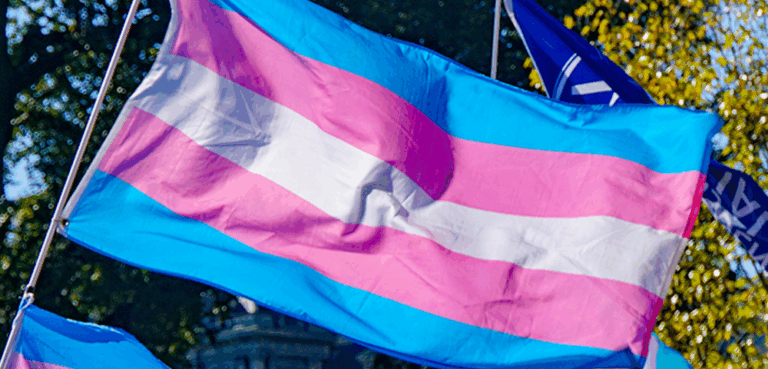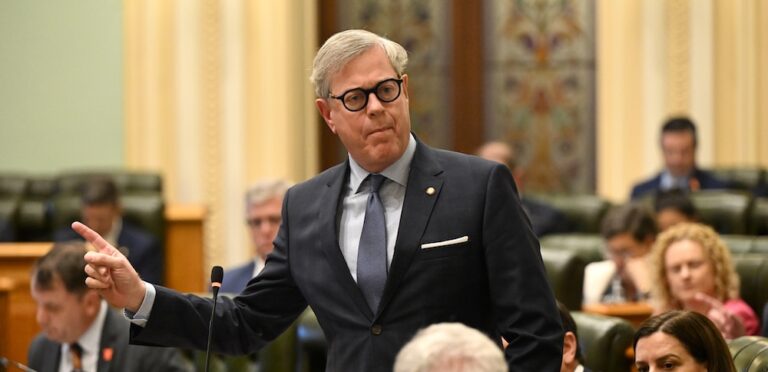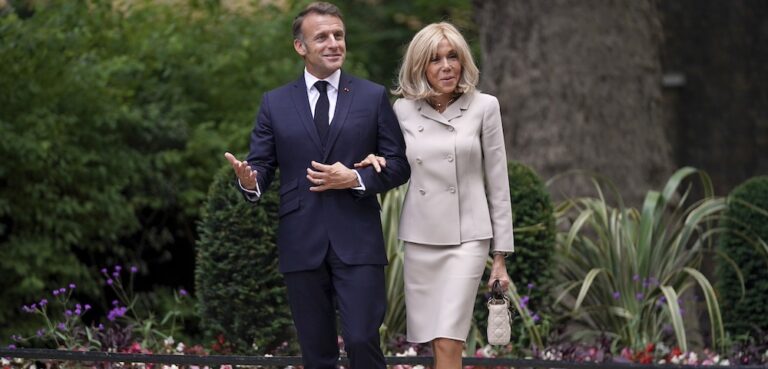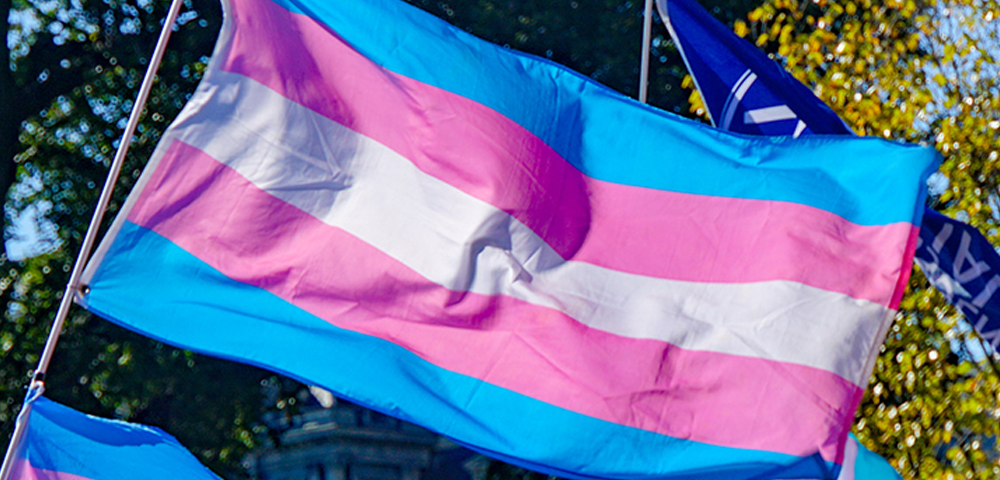
Trans Women Banned From Football After UK Supreme Court’s Anti-Trans Ruling

Football’s governing body in the UK has confirmed trans women will no longer be allowed to play women’s football.
Previously, transgender women were able to participate in women’s football if their testosterone levels were below a certain threshold.
However, citing a recent UK Supreme Court ruling that legally defined ‘women’ as ‘biological women’, the Football Association (FA) has announced that no trans women will be allowed to compete.
The new policy, which comes into effect on 1 June, will apply across multiple levels of competition. Around 30 trans women in the UK play amateur soccer, while no trans women play in the professional game.
Football Association cites Supreme Court’s ruling as reason for ban
In an online statement, the FA acknowledges the new policy “will be difficult for people who simply want to play the game they love in the gender by which they identify.” The BBC reports that the affected players will be offered free therapy.
“As the governing body of the national sport, our role is to make football accessible to as many people as possible, operating within the law and international football policy defined by UEFA and FIFA” the statement read.
“Our current policy, which allows transgender women to participate in the women’s game, was based on this principle and supported by expert legal advice.”
“This is a complex subject, and our position has always been that if there was a material change in law, science, or the operation of the policy in grassroots football then we would review it and change it if necessary.”
“The Supreme Court’s ruling on the 16 April means that we will be changing our policy. Transgender women will no longer be able to play in women’s football in England, and this policy will be implemented from 1 June 2025.”
The Supreme Court decision clarified that under the 2010 Equality Act, the protected characteristic of “sex” refers only to biological sex, not legal gender status. Though trans women purportedly remain protected from discrimination under other provisions of the Act, advocates say the ruling has opened the door to increased exclusion and segregation.
Bans not backed by science
The statement did not address the participation of trans men or non-binary people in football, focusing entirely on the small number of trans women involved with the sport.
Critics have questioned the science behind the ban, with evidence suggesting that trans women on hormone therapy have no physical advantage over cis women – and by many metrics, actually have a disadvantage.
Testosterone, bone structure, and height are often cited as advantages for trans women in sport, but many codes already regulate hormone levels – a restriction that also impacts intersex women and women with hormonal conditions like PCOS.
Height and bone structure also don’t automatically offer advantages in all sports – and when combined with HRT, which increases fat mass and reduces muscle mass, may even confer a disadvantage. However, as there are very few trans women competing in sports, especially at a professional level, more research needs to be done.
What is clear is that trans women, rather than dominating women’s sports, actually face significant barriers to participation. Like other members of the LGBTQIA+ community, and women athletes in general, trans women are discouraged from playing sport due to discrimination, financial barriers, a lack of appropriate facilities and safe spaces, and traumatic early experiences.
Trans women continue to be a political football
This decision by the Football Association echoes a wider trend sweeping through the UK following the Supreme Court ruling. The Scottish Football Association announced a similar ban, while businesses have begun to ban trans women from women’s bathrooms and the NHS have been forced to segregate patients based on sex assigned at birth. The BBC reports that many other sports are also planning to instigate bans.
While the Supreme Court ruling emphasised that trans people remain protected under the Equality Act, these decisions suggest otherwise.
As sporting bodies and institutions rush to formally exclude trans women, it’s clear that transphobia in the UK is becoming even more entrenched.










